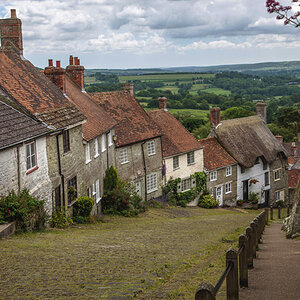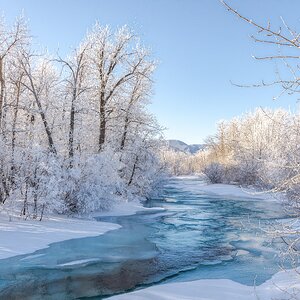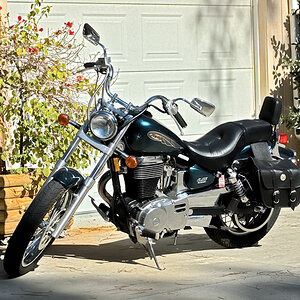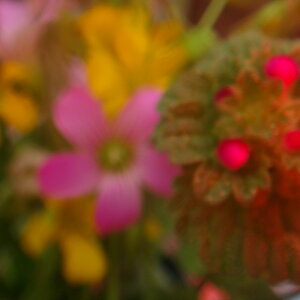Dashur
TPF Noob!
- Joined
- May 17, 2017
- Messages
- 82
- Reaction score
- 38
- Location
- Germany
- Can others edit my Photos
- Photos NOT OK to edit
So after I produce what I think are pretty good photos, I keep looking and almost always decide they are garbage. Is that a blessing or a curse? Anyone else get pretty critical of their work to the point they don't want to even show it to folks?


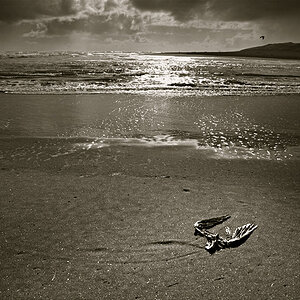
![[No title]](/data/xfmg/thumbnail/36/36600-689bc868e20f53581a083c9054ee0e47.jpg?1619737641)

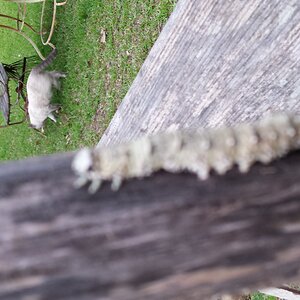
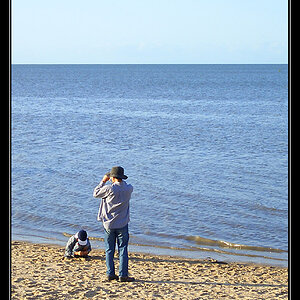
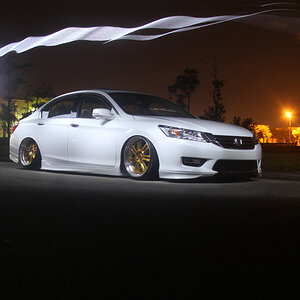

![[No title]](/data/xfmg/thumbnail/32/32630-d78de94d84be2acf57d5e0923482b4da.jpg?1619735552)
